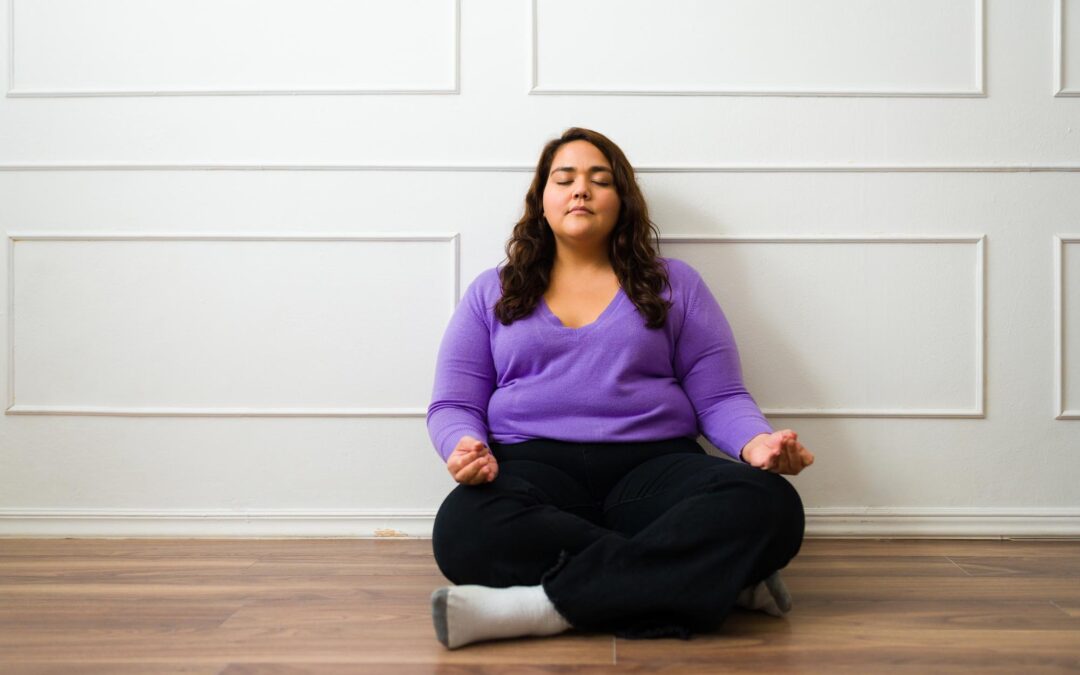When life feels chaotic or overwhelming, creating a sense of stability through routine can be a powerful tool for improving your mental health. Daily routines offer structure, predictability, and a sense of control, all of which can significantly benefit your well-being.
Let’s explore the reasons why a daily routine is so important for your mental health and offer tips on establishing an effective schedule.
Why is Routine Important for Mental Health?
- Reduces Stress and Anxiety: Routines bring predictability to life, reducing uncertainty and its related anxieties. Knowing what to expect each day lowers stress hormones and enables you to focus your energy more productively.
- Improves Focus and Productivity: When simple tasks like meal prepping, laundry, and errands have designated time slots, you free up mental space. Daily routines allow you to stay on track and accomplish goals efficiently.
- Encourages Healthy Habits: Good routines carve out time for self-care—exercise, healthy meals, relaxation techniques. These activities are crucial for mental well-being and easier to maintain with a structured schedule.
- Improves Sleep: Consistent sleep-wake cycles are a cornerstone of good mental health. Routines support regular bedtimes and wake-up times, leading to better quality and more restful sleep.
- Boosts Self-Confidence: Accomplishing tasks as part of your routine builds a sense of achievement and mastery. You see tangible progress, boosting self-esteem and motivation for tackling further challenges.
How to Create a Daily Routine for Mental Health
- Start Small: Don’t try to overhaul your life overnight. Begin with small, manageable changes, like setting a consistent bedtime or scheduling time for a morning walk.
- Prioritize Self-Care: Your routine should absolutely include activities that nourish your mind and body. Consider exercise, meditation, journaling, or hobbies that bring you joy and relaxation. If you’re struggling with this, seeking professional help from therapists like those at Lightwork Therapy & Recovery [https://lightworktr.com/] can be incredibly helpful.
- Be Flexible: Life is unpredictable—your routine should be adaptable. Allow for adjustments and don’t be discouraged by occasional disruptions.
- Focus on Progress, Not Perfection: The goal is improvement, not an unattainable ideal. Celebrate small successes along the way and refine your routine as needed.
- Use Tools and Tech: Several apps and planners can help you design and stick to a routine. Experiment to find what works best for you.
Tips for Specific Mental Health Concerns
- Anxiety: Schedule time for relaxation techniques like yoga, meditation ([https://www.mayoclinic.org/tests-procedures/meditation/in-depth/meditation/art-20045858]), or deep breathing to combat stress and anxiety.
- Depression: Build activities that bring you pleasure into your day to counteract low moods. Social connection is also vital, so include interactions with loved ones. Lightwork Therapy & Recovery is a mental health treatment center specialized in women’s care [https://lightworktr.com/about/meet-the-team/].
- ADHD: Routines are especially helpful for managing ADHD. Break tasks into smaller steps, use timers to stay on track, and try to minimize distractions during focus periods.
Remember, consistency is key! The real power of a routine lies in its regularity. Start small, make adjustments as needed, and watch as your mental well-being starts to bloom.
Important Note: If you’re struggling with severe mental health challenges, seeking professional help is essential. A structured routine can be a valuable supportive tool, but it’s not a substitute for therapy or medication when necessary. Contact Lightwork Therapy & Recovery for help.





